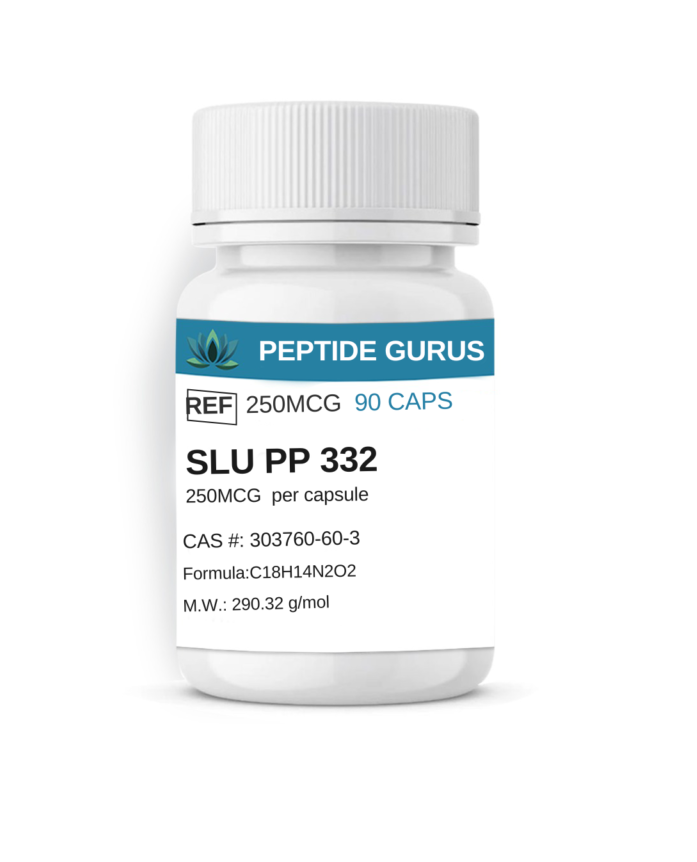Pharmaceutical Water Systems: The First Step in Storage Readiness
When it comes to storing peptide finished products, the groundwork starts long before they’re placed in cold storage. One often-overlooked factor is the quality of water used in final product preparation—and that’s where a reliable pharmaceutical water system comes in. Peptides are sensitive molecules; even trace impurities in water can compromise their structure over time, making storage less effective.
A high-quality pharmaceutical water system ensures that the water used in diluting or finalizing peptide products is free of contaminants, bacteria, or mineral residues. This not only protects the peptides during production but also sets the stage for stable storage. For users, this means fewer losses due to degradation and more consistent results when the products are eventually used. It’s a small but critical step that ties directly to how well your peptide finished products hold up in storage.
Small Scale Peptide Production Line Packages: Aligning Production with Storage Needs
For many labs or small facilities, a small scale peptide production line package isn’t just about making peptides—it’s about creating products that are easy to store. These compact production lines are designed to integrate seamlessly with storage protocols, ensuring that peptides move from production to storage with minimal handling and exposure.
Unlike large-scale setups, small scale lines allow for tighter control over production conditions, such as temperature and humidity, which directly impact how peptides behave in storage. For example, if a peptide is produced in a line that maintains precise pH levels, it will be more stable when stored later. This alignment saves time and reduces the risk of quality drops, making it a smart choice for businesses looking to protect their products from production through storage.
Sterilizing Systems: Guarding Against Storage Contamination
Even the best storage conditions can fail if the environment isn’t properly sterilized. A robust sterilizing system is non-negotiable for anyone storing peptide finished products. These systems eliminate bacteria, fungi, and other microorganisms that thrive in cool, dark storage areas—microbes that can break down peptides and render them ineffective.
Whether it’s sterilizing storage containers, work surfaces, or the air in storage rooms, a reliable sterilizing system creates a barrier against contamination. For users, this means longer shelf life for products and greater confidence in their efficacy. It’s not just about meeting safety standards; it’s about ensuring that every peptide finished product you store retains its intended strength.
Vial Compact Line for Washing: Ensuring Clean Containers for Storage
The containers holding peptide finished products matter as much as the storage environment itself. That’s where a vial compact line for washing comes into play. These lines are engineered to thoroughly clean vials, removing any residues from manufacturing, dust, or other particles that could interact with peptides during storage.
A clean vial prevents chemical reactions between residues and peptides, which can alter the product’s composition over time. For labs and facilities, investing in a vial compact line for washing means one less variable to worry about. It ensures that when you seal a peptide finished product in a vial, the container itself isn’t a threat to its stability—letting you focus on maintaining proper storage temperatures and conditions.
Peptide Raw Powder: Linking Production Line Quality to Storage Success
Peptide finished products start as peptide raw powder, and the quality of that powder directly affects how well the final product stores. A well-designed production line that handles raw powder with care—controlling for moisture, temperature, and exposure—creates a more stable base for the finished product.
If raw powder is compromised during production (e.g., exposed to excess humidity), the finished peptide will be more prone to clumping or degradation in storage. By using a production line that prioritizes raw powder integrity, you’re setting up your finished products for better storage performance. For users, this translates to products that stay potent longer, reducing waste and improving overall efficiency.
Conclusion
Proper storage of peptide finished products relies on a chain of careful steps: starting with pure water from a pharmaceutical water system, using small scale production lines that align with storage needs, sterilizing environments to prevent contamination, ensuring clean vials via washing lines, and maintaining the quality of peptide raw powder through a reliable production line.
Each of these elements works together to protect peptide integrity, ensuring your products remain effective for longer. At Peptide Gurus, we provide the tools and systems to strengthen this chain—helping you safeguard your products from production to storage, and delivering consistent value to your work.

